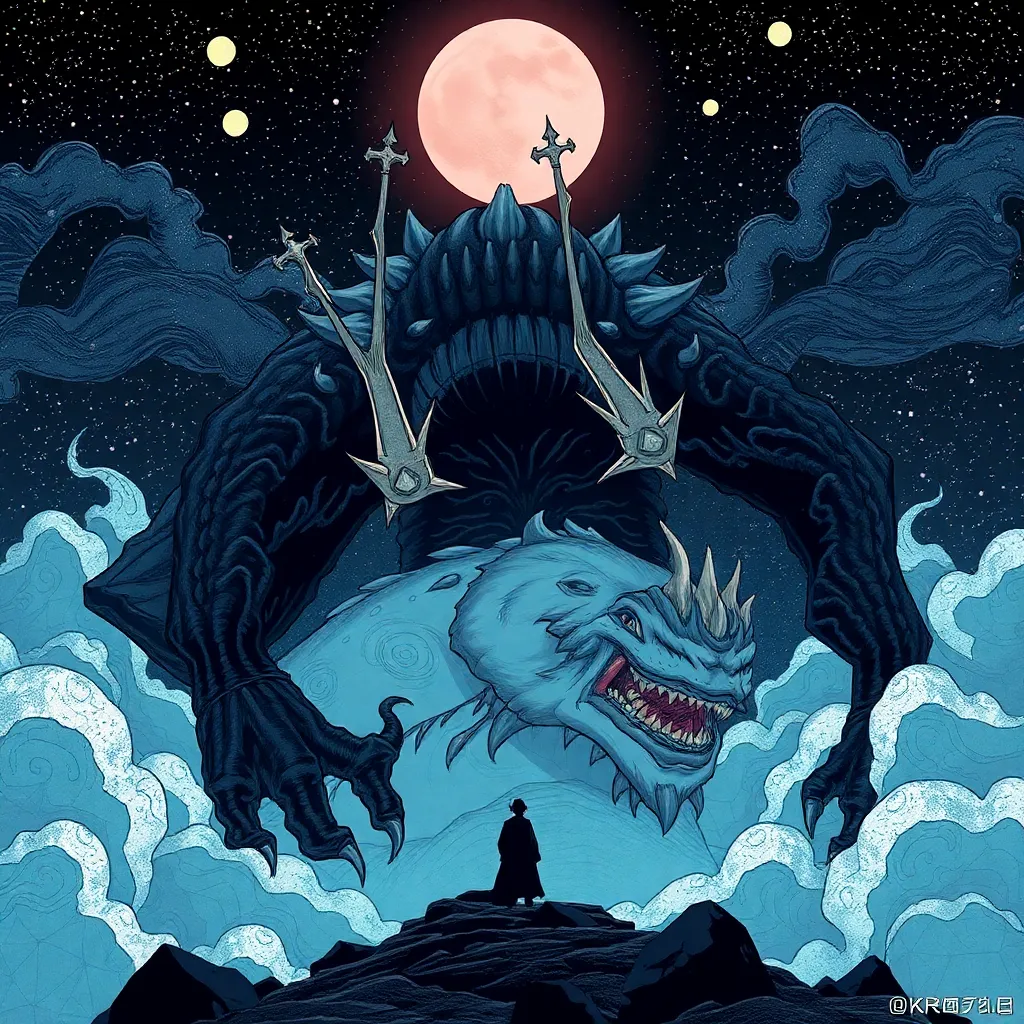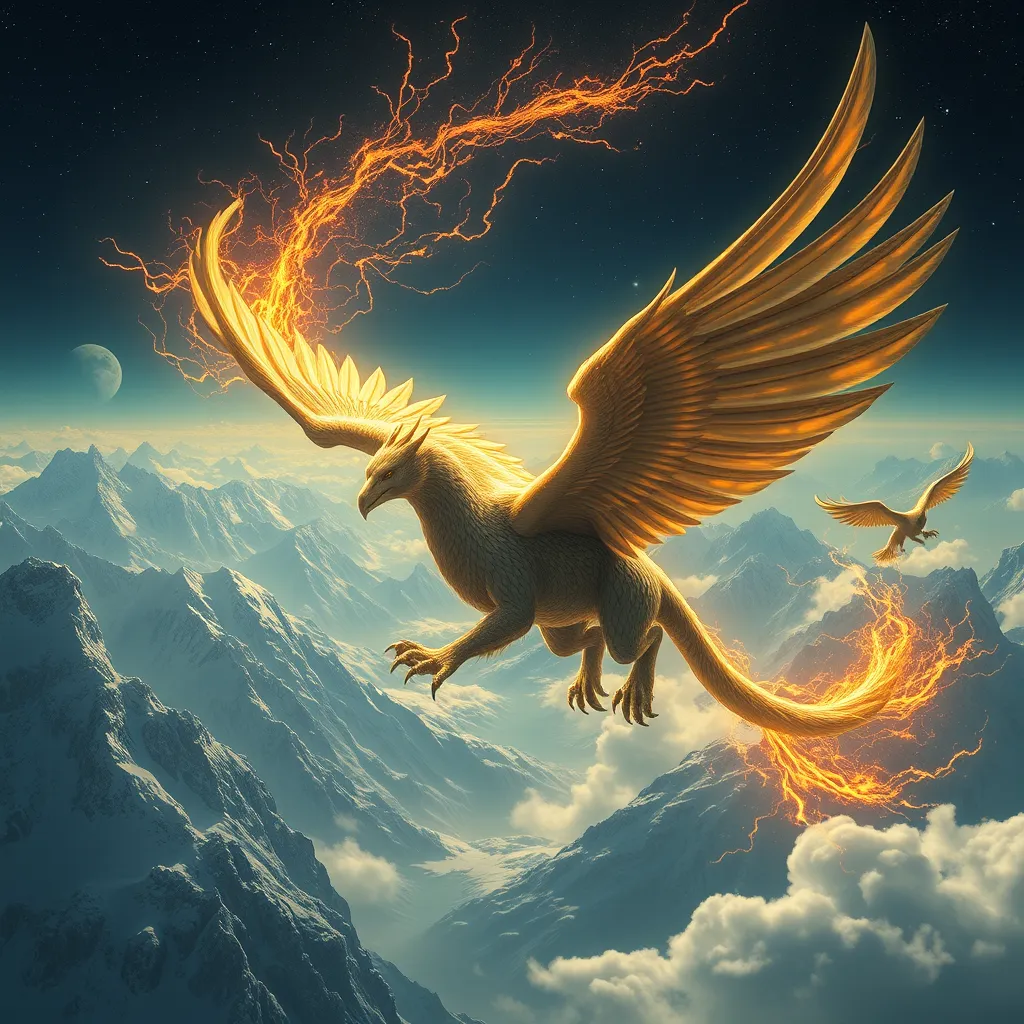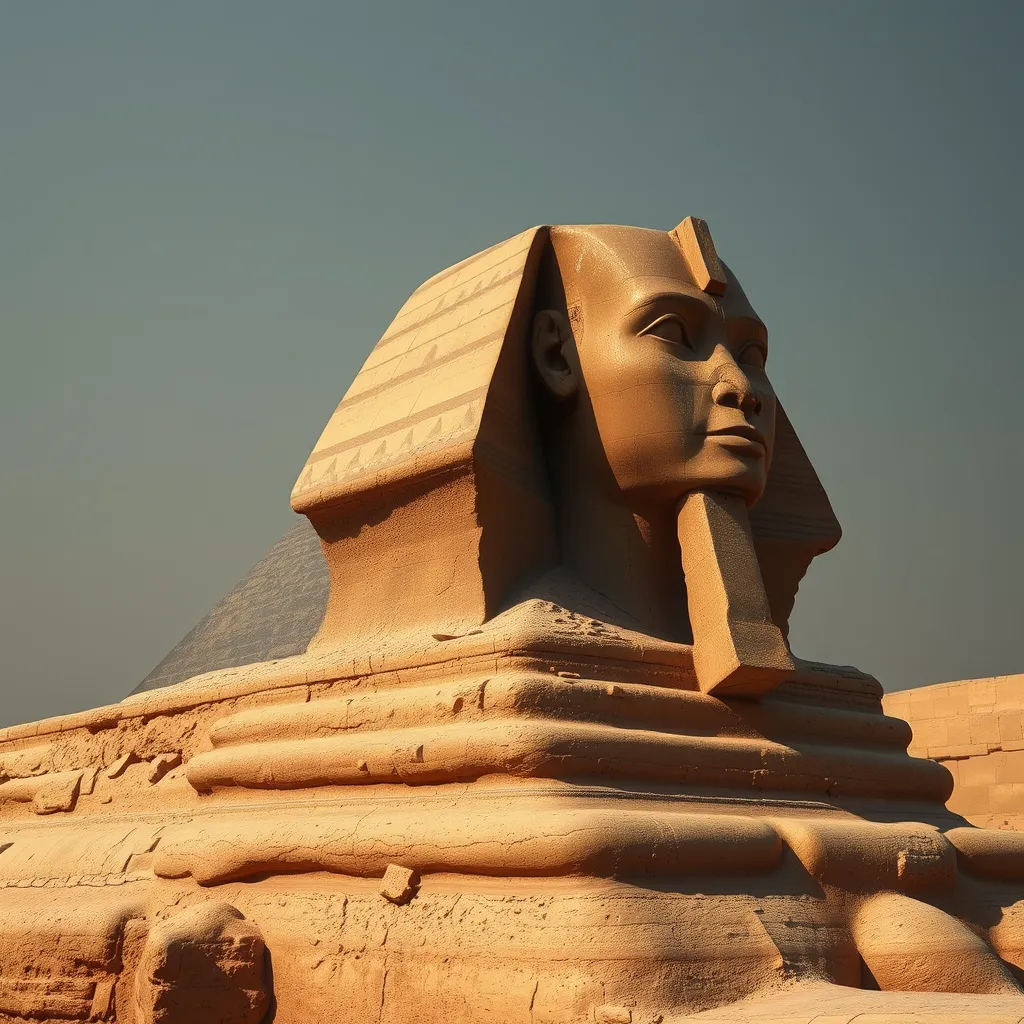The Night Devourer: Baku and the Anxieties of Sleep in Japanese Mythology
I. Introduction
Baku is a fascinating figure in Japanese folklore, often depicted as a creature that has the ability to consume nightmares and bring peace to the troubled minds of those who suffer from sleep-related anxieties. This unique being reflects the deep significance of sleep and dreams in various cultural contexts, particularly in Japan, where the boundary between the dream world and reality is often explored in literature, art, and spirituality.
The purpose of this article is to delve into the world of Baku, examining its historical origins, its role in dream interpretation, and the anxieties surrounding sleep in Japanese society. By exploring these themes, we can gain a deeper understanding of how Baku continues to resonate in modern culture and its implications for mental health.
II. The Origins of Baku
The origins of Baku can be traced back to ancient texts and folklore in East Asia. The earliest mentions of Baku appear in Chinese texts, where it is described as a creature that can devour evil spirits and dreams. As these stories migrated to Japan, the Baku myth evolved, incorporating elements of Japanese culture and belief systems.
Over the centuries, Baku has transformed from a mere dream-eater into a complex symbol of protection, comfort, and fear. Its appearance, often depicted as a chimera-like creature with the body of a bear, the trunk of an elephant, and the eyes of a rhinoceros, symbolizes the blending of various attributes and powers. This amalgamation highlights the multifaceted nature of Baku and its significance in the realm of dreams.
III. The Role of Baku in Dream Interpretation
Baku serves a crucial function in Japanese culture as a dream-eater. When individuals experience nightmares, they may call upon Baku to consume these unwanted dreams, thereby restoring peace and tranquility to their sleep. This act of invoking Baku is often accompanied by specific rituals and practices, aiming to ensure a restful night free of disturbances.
- One common practice is to draw or place an image of Baku near the sleeping person.
- Another tradition involves whispering a prayer or incantation to Baku before sleep.
In comparison to other cultures, several figures share similarities with Baku. For instance, in Western mythology, the concept of dream catchers serves a similar purpose, filtering out nightmares while allowing good dreams to pass through. Additionally, various cultures have deities or spirits associated with dreams, each reflecting their unique beliefs about the significance of sleep.
IV. Anxieties of Sleep in Japanese Society
Historically, sleep disorders and anxieties have been prevalent in Japanese society. The pressures of modern life, combined with cultural expectations, have led to an increase in insomnia and nightmare-related fears. The stigma surrounding these issues can exacerbate the feelings of isolation and distress experienced by those affected.
Nightmares and insomnia are often viewed through a cultural lens that emphasizes personal failure or weakness, leading individuals to suffer in silence. This cultural stigma can hinder open discussions about mental health and sleep-related issues, making it difficult for individuals to seek help or find solace.
The psychological implications of sleep-related fears are profound, affecting overall well-being and daily functioning. The anxiety associated with sleep can lead to a vicious cycle of fear, poor sleep quality, and deteriorating mental health.
V. Baku in Modern Pop Culture
In contemporary media and art, Baku has found a renewed presence as a symbol of comfort and protection against nightmares. Various forms of literature, anime, and visual art have depicted Baku in ways that resonate with modern audiences, often emphasizing its role as a benevolent guardian of sleep.
- In anime, Baku is often portrayed as a cute and friendly creature, appealing to younger viewers.
- Literature has also embraced Baku, with stories that explore the themes of dreams, fears, and personal growth.
This modern representation of Baku serves as a reminder of the ongoing relevance of folklore in addressing contemporary anxieties surrounding sleep. As society increasingly acknowledges the importance of mental health, figures like Baku offer a comforting connection to cultural heritage and the human experience.
VI. The Intersection of Myth and Mental Health
Understanding the therapeutic aspects of Baku is essential in recognizing its relevance in contemporary mental health discussions. The act of invoking Baku to consume nightmares can be seen as a metaphorical representation of confronting and overcoming fears. By engaging with this myth, individuals may find solace and empowerment in their struggles with sleep-related anxieties.
The intersection of mythology and modern psychology highlights the enduring power of folklore in addressing real-life issues. Baku serves as a bridge between the ancient and the contemporary, offering insight into how cultural narratives can inform our understanding of mental health and well-being.
VII. Practical Applications of Baku’s Mythology
Incorporating Baku into personal sleep rituals can provide individuals with a sense of control over their sleep environment and anxieties. Here are some practical applications:
- Tips for incorporating Baku: Create a calming sleep space with images or figurines of Baku.
- Mindfulness and meditation: Engage in mindfulness practices that focus on visualizing Baku consuming your fears before sleep.
- Personal metaphor: Use Baku as a symbol to confront your own fears and anxieties, transforming them into something manageable.
VIII. Conclusion
In conclusion, Baku holds a significant place in Japanese mythology and sleep culture, symbolizing the complex relationship between dreams and anxieties. As we reflect on the ongoing relevance of folklore in addressing modern anxieties, it becomes clear that figures like Baku can serve as powerful tools for personal exploration and healing.
We encourage readers to explore their personal connections to sleep and myth, recognizing that the intersection of ancient narratives and contemporary struggles offers valuable insights into our mental health and well-being.



